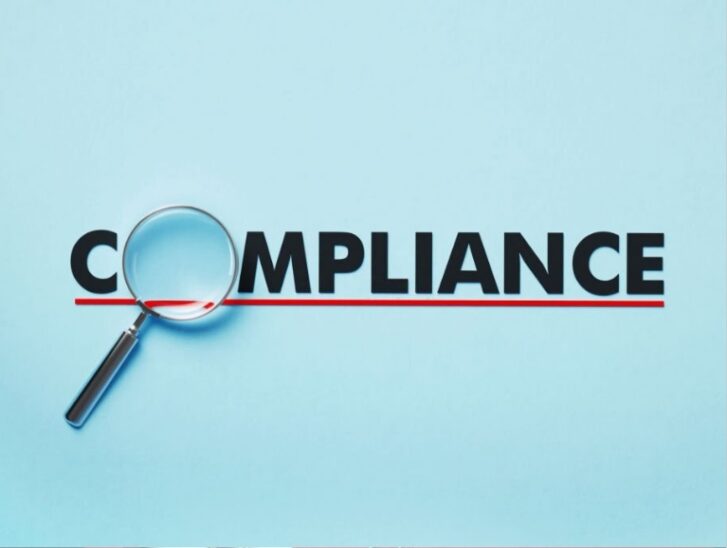The Benefits of Compliance in Real Estate: Safeguarding Against Money Laundering and Terrorism Financing The Benefits of Compliance in Real Estate: Safeguarding Against Money Laundering and Terrorism Financing
Compliance with anti-money laundering (AML) and counter-terrorism financing (CTF) regulations is crucial in the real estate industry to protect against illicit activities. This article highlights the importance of compliance in real estate and the benefits it brings to both companies and stakeholders involved.
Ensuring the Source of Wealth:
By implementing reasonable measures, real estate companies can establish the source of wealth and funds of their customers. This helps mitigate the risk of money laundering and terrorism financing. Requesting regular updates on Know Your Customer (KYC) information at least twice a year ensures that customer identification remains current and reliable.
Customer Due Diligence (CDD):
Conducting thorough CDD allows real estate professionals to understand and ascertain the truth about their customers. By verifying customer identification from reliable and independent sources, real estate companies can effectively prevent illicit activities.
Managing Interactions with Mortgage Brokers and Estate Agents:
To maintain integrity, real estate companies should limit their business dealings with mortgage brokers and estate agents to sale referrals only. This helps minimize potential risks associated with money laundering and terrorism financing.
Engaging with Politically Exposed Persons (PEPs):
Before establishing a business engagement with a PEP, board approval is required. This ensures a higher level of scrutiny and transparency in dealings with individuals who hold prominent public positions. This precautionary step helps safeguard against potential risks associated with corruption and financial crimes.
Enhanced Due Diligence for Refunds:
Real estate companies should carry out enhanced due diligence when processing refunds for revocation or resale of units. This additional scrutiny helps identify any suspicious transactions and reduces the risk of facilitating money laundering or terrorism financing.
Reporting Obligations to SCUML:
Real estate companies must comply with reporting requirements related to cash-based transactions, suspicious transactions, and high-volume transactions. By promptly reporting such activities to the relevant authority, they contribute to the broader efforts of combating financial crimes.
Creating a Culture of Compliance:
Real estate professionals have a personal obligation to abide by the provisions of AML and CTF laws. Failure to do so can result in personal liability, making it crucial to understand and adhere to the regulations in place.
Consequences of Non-Compliance:
Non-compliance with AML and CTF regulations can lead to severe consequences, ranging from fines to suspension or recall of professional and business licenses, and even winding up of the company. By prioritizing compliance, real estate companies protect their reputation, maintain trust among stakeholders, and avoid legal repercussions.
Compliance with AML and CTF regulations is of paramount importance in the real estate industry. By implementing robust compliance measures, companies can safeguard against money laundering and terrorism financing activities. This not only protects the company and its stakeholders but also contributes to the overall integrity and stability of the real estate sector.




